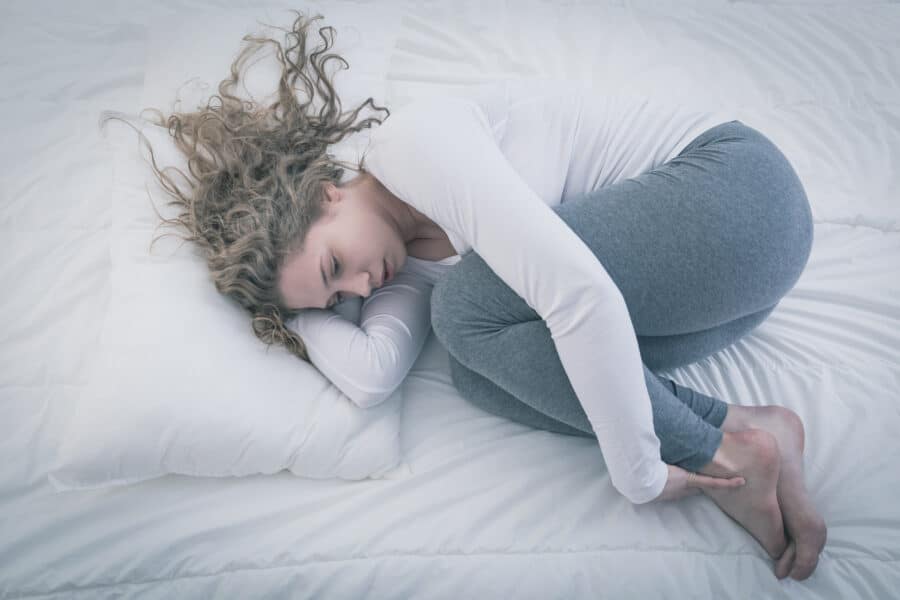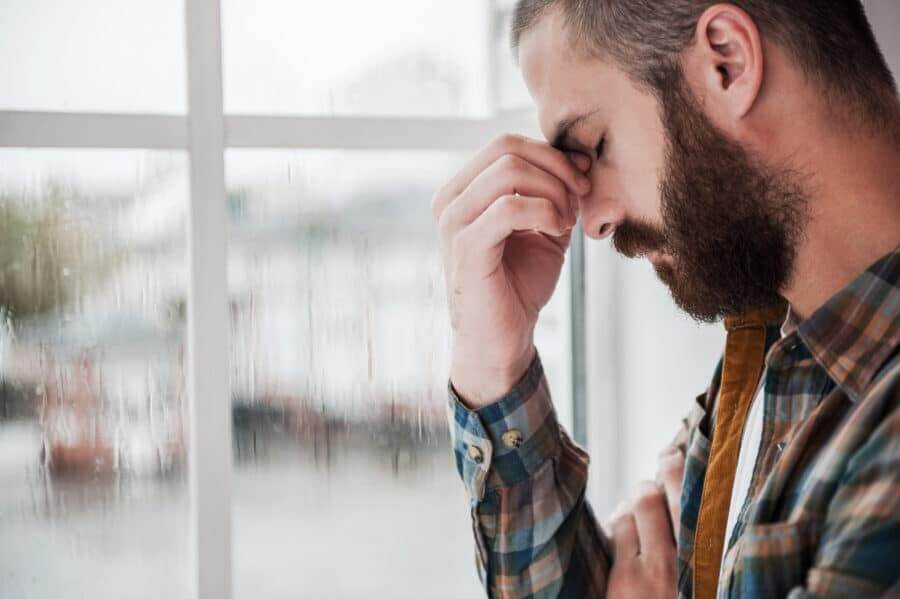Clinical depression, also known as major depressive disorder, is a serious mental health condition that affects millions of people worldwide. It can have a significant impact on a person’s overall well-being and quality of life. Recognizing the signs of clinical depression is crucial for early intervention and seeking appropriate treatment. This article will explore the common signs and symptoms of clinical depression, which can help individuals, their loved ones, and healthcare professionals identify this condition and take the necessary steps toward recovery.
Signs and Symptoms of Clinical Depression
Persistent Sadness and Hopelessness:
One of the primary indicators of clinical depression is a pervasive feeling of sadness that lasts for an extended period. Individuals with depression often experience a profound sense of emptiness, hopelessness, and despair. These feelings may persist for weeks, months, or even years, and are not easily alleviated by positive experiences or external circumstances.
Loss of Interest or Pleasure:
A noticeable loss of interest or pleasure in activities that were once enjoyable is a hallmark symptom of clinical depression. Hobbies, socializing, and other previously engaging activities may no longer bring joy or satisfaction. This lack of enthusiasm often extends to everyday tasks and can lead to withdrawal from social interactions.
Fatigue and Decreased Energy:
Individuals with clinical depression often report feeling tired and lacking energy, regardless of their level of physical activity or rest. This constant fatigue can manifest as physical weakness, diminished productivity, and difficulty concentrating on tasks.
Sleep Disturbances:
Depression frequently disrupts sleep patterns, leading to difficulties falling asleep, staying asleep throughout the night, or experiencing early morning awakening. Conversely, some individuals may experience excessive sleepiness, feeling excessively tired despite getting sufficient sleep.
Changes in Appetite and Weight:
Significant changes in appetite and weight are common symptoms of clinical depression. Some individuals may experience a decrease in appetite, resulting in weight loss, while others may turn to food for comfort and see an increase in appetite, leading to weight gain.
Feelings of Guilt, Worthlessness, or Excessive Self-Criticism:
Depression often causes individuals to develop negative and self-deprecating thoughts. Feelings of guilt, worthlessness, or excessive self-criticism may dominate their thinking, leading to a distorted self-perception and a diminished sense of self-worth.
Difficulty Concentrating and Making Decisions:
Depression can impair cognitive function, making it challenging to concentrate, focus, and make decisions. Individuals may feel mentally foggy, have trouble remembering details, and struggle with problem-solving tasks.
Recurrent Thoughts of Death or Suicidal Ideation:
Persistent thoughts of death, dying, or suicidal ideation are severe signs of clinical depression. If someone expresses these thoughts or exhibits any warning signs of self-harm or suicide, it is crucial to seek immediate professional help and support.
Find Luxury Rehabs Can Help You Find Depression Treatment Near You
Clinical depression is a serious mental health condition that requires attention and treatment. By recognizing the signs and symptoms of clinical depression, individuals, their loved ones, and healthcare professionals can identify the condition early and initiate appropriate interventions. If you or someone you know is experiencing these signs, it is important to seek professional help from mental health experts who can provide the necessary support and guidance on the path to recovery. Remember, with proper treatment and support, clinical depression can be managed, and individuals can regain their quality of life.Find Luxury Rehabs can help you find luxury drug and alcohol rehabs near you. Contact us today to learn more about




















